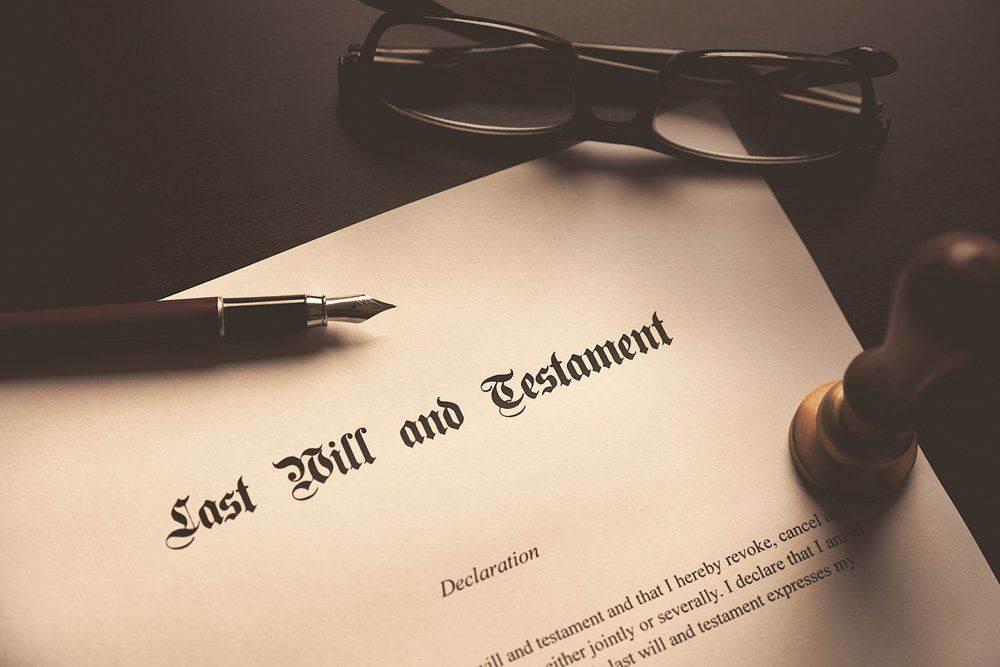Estate Planning Before Retirement: What You Need to Know
- By
- •
- 07 Sep, 2018
- •

If you are close to retirement and you do not have your estate in order, now is a great time to start so you can be certain your assets go to the people or organizations you wish. An estate plan will also help your beneficiaries pay as little in taxes as possible. Here are some steps you should take when you arrange your estate plan.
Create Your Will
The first and easiest step to an estate plan is to write your will. A will lists who you want to receive your assets once you pass away. You will determine who will receive your liquid assets including land, property, and cash.
You also may want to include any non-financial items of monetary or sentimental value in your will. This includes items such as artwork, jewelry, and vehicles. Keep in mind some assets are not eligible to be in a will. This includes life insurance policies and retirement accounts. You will need to contact each individual institution to list beneficiaries of those items.
Set Up Trusts for Specific Purposes
You also should consider opening trusts if you have anything specific you would like to pay for once you have passed away. A common example is if you want to leave money to pay for college tuition for your grandchild. If you would rather not leave a lump sum in cash to cover the tuition, you can create a trust that will determine when the child gets the money.
A trust allows you to set the terms as to when the money is disburse and what it is used for. In the previous college tuition example, you will be able to set a trust up so your grandchild may use the trust before his or her 18th birthday only to pay for college expenses.
You may also include alternative conditions in a trust. For instance, if your grandchild chooses to not attend college, you can specify the trust for use on his or her 30th birthday to purchase a home or some other large investment. A trust is a perfect method to ensure your beneficiaries use your assets in the way you intend. The trustee is legally bound to abide by the terms of the trust.
Set Up Tax-Reduction Methods
When you plan to leave a large inheritance to someone, the recipient could have to pay a significant amount of taxes. However, you have the option to employ some methods that will reduce the tax burden to the beneficiary.
First, you may want to consider gifting some of your estate before you pass away if you can afford to do so. You are allowed gift up to a certain amount of money before the recipient is subject to gift taxes. If you employ this strategy early enough, you can save the recipient of your assets a lot of money in tax payments.
As discussed previously, you can also utilize trusts for your estate. They are also a great tool to help reduce taxes and expenses.
Not only will a trust designate money for a specific purpose, but they also prevent the property in the trust from going through the requirements of state probate and the expenses associated with it. Keep in mind, however, trusts will have specific conditions the beneficiary has to abide by before he or she can use the assets.
Retirement is a fun point in life, but you still need to plan for the future. If you need assistance with your estate plan, please contact the Law Office of Carla D Allen. We specialize in estate planning and probate law.
Irresponsible estate planning could increase strife in your family. If you are concerned about potential disputes, use these tips to minimize the risks.








